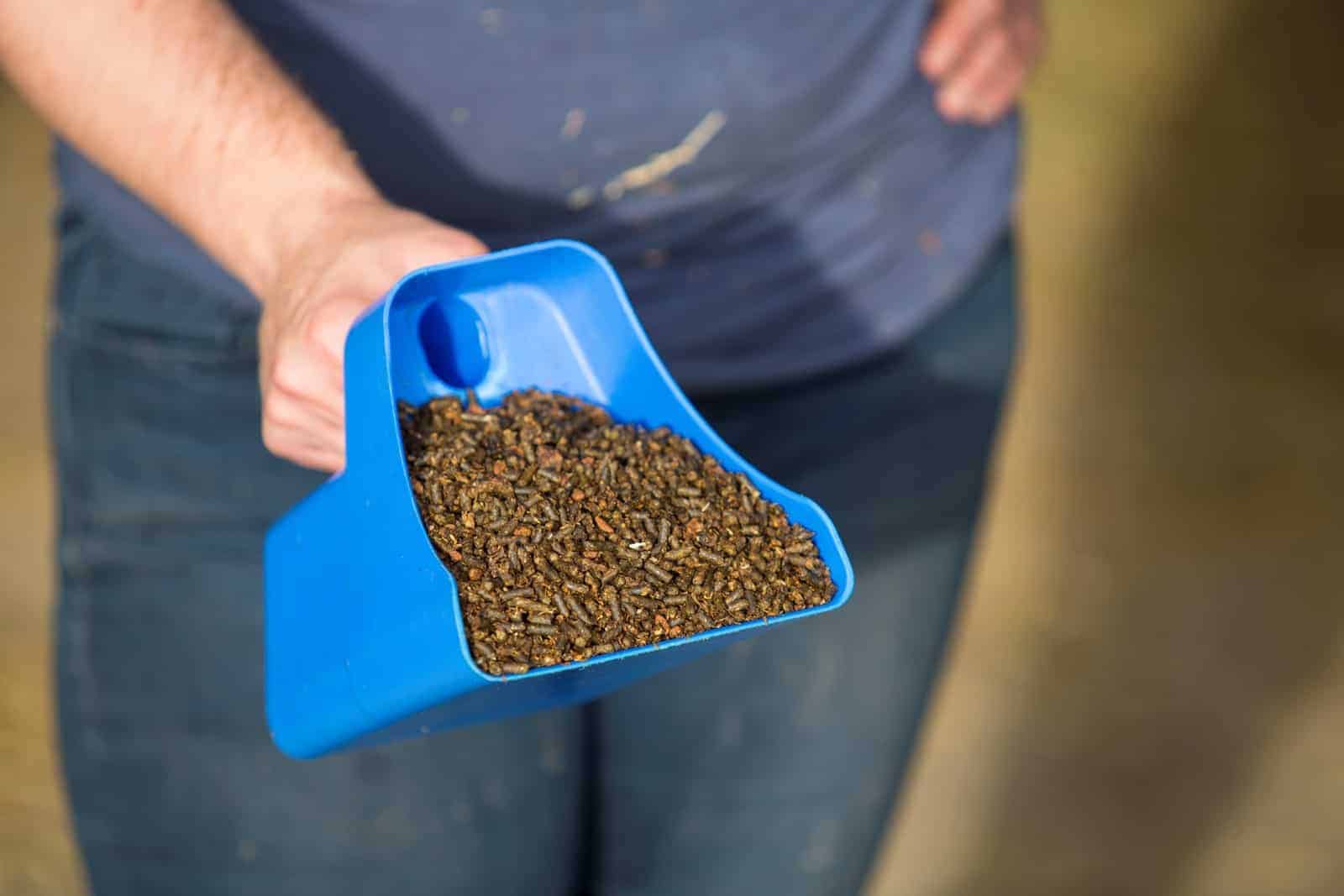Weights and Measures: Equine Feed Practices in the U.S.

Assessing nutritional practices and perceptions in the United States
If ever there were a case of too many choices, deciding what to feed your horse might just be it. Between the wide array of feeds and nutritional supplements available and the feeding advice from fellow boarders, the farrier, the veterinarian, and your riding instructor, picking products and rations can easily become an overwhelming decision made by committee. When did feeding horses become so complex? And whom should you trust to help you make feed-related decisions for your horses?
Recently, a pair of researchers examined the perceptions and practices of equine nutrition in America. They concentrated on three main areas: the status of equine nutrition in the United States, the veterinarian’s role in guiding decisions about equine nutrition, and whether nutritional education is meeting veterinarians’ needs. They determined that both veterinarians and owners need more equine nutrition education. But is the industry moving forward to improve veterinarian and owner nutrition knowledge? Let’s see where we stand.
The State of Equine Nutrition
Overwhelming data suggests that we’ve been doing a less-than-stellar job feeding our horses for a while now. Case in point: In 1994 researchers evaluated the diets of 50 pleasure-type horses in North Carolina and found that 62% of the rations exceeded what the National Research Council, or NRC, had set as daily nutrient requirements for mature pleasure horses in four or more nutrient categories, including digestible energy and crude protein. Two separate surveys of Thoroughbred and Standardbred racehorse trainers on how they fed their horses showed the same
Create a free account with TheHorse.com to view this content.
TheHorse.com is home to thousands of free articles about horse health care. In order to access some of our exclusive free content, you must be signed into TheHorse.com.
Start your free account today!
Already have an account?
and continue reading.

Related Articles
Stay on top of the most recent Horse Health news with

















